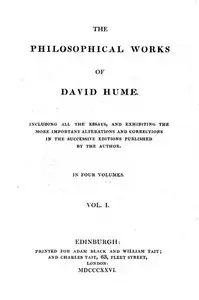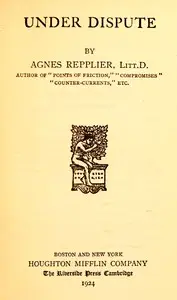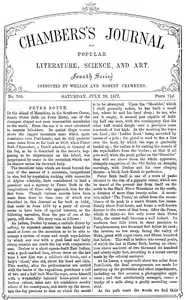"A History of England from Early Times: A Linked Index to the Project Gutenberg…" by David Hume, with continuations by Tobias Smollett and others, is a comprehensive historical account written in the 18th century. This book explores the significant events and figures in English history from its earliest days until the Victorian era. The likely topic of the book encompasses the political, social, and cultural evolution of England throughout various monarchies and notable historical periods. The work is organized into multiple volumes that chronologically cover different epochs, starting from the early British tribes, through the Roman conquest, the establishment of various kingdoms, and the rule of influential monarchs such as William the Conqueror and Henry VIII. Each chapter delves into the lives of prominent figures and the implications of their reigns, alongside pivotal moments like the signing of the Magna Carta and the English Civil War. The meticulous structure and detail allow readers to gain insights into how England transformed through successive generations and the foundational events that shaped its national identity. (This is an automatically generated summary.)

A History of England from Early Times: A Linked Index to the Project Gutenberg Editions
By David Hume
"A History of England from Early Times: A Linked Index to the Project Gutenberg…" by David Hume, with continuations by Tobias Smollett and others, is ...
David Hume was a Scottish philosopher, historian, economist, and essayist who was best known for his highly influential system of empiricism, philosophical scepticism and metaphysical naturalism. Beginning with A Treatise of Human Nature (1739–40), Hume strove to create a naturalistic science of man that examined the psychological basis of human nature. Hume followed John Locke in rejecting the existence of innate ideas, concluding that all human knowledge derives solely from experience. This places him with Francis Bacon, Thomas Hobbes, John Locke, and George Berkeley as an empiricist.


















